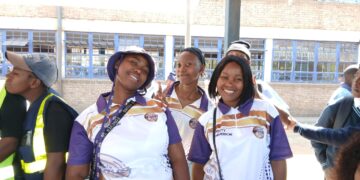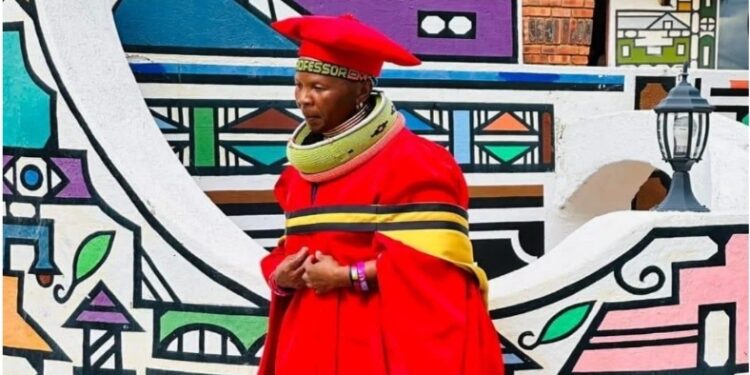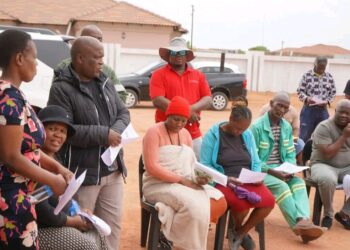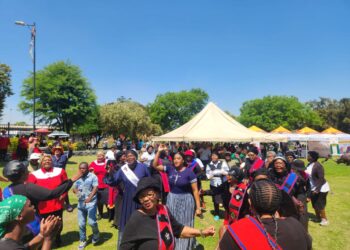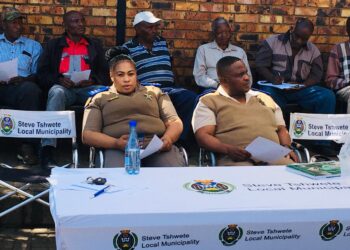Thembalethu – Professor Thuthukile Kabini, a healer and teacher, is one of South Africa’s most respected champions of heritage and moral regeneration.
Her journey began at Bantabethu Primary and later at Vukani Secondary School, but her path shifted in an extraordinary way. At the age of 11, she discovered her ancestral calling, a spiritual awakening that would shape her entire life.
“When the ancestors call you, you cannot pretend not to hear,” she says. “I was just a child but I knew my life would be about healing and guiding others.”
By 1990, newly married to Petros Elias Kabini and raising a young family, she began her work as a traditional healer in Thembalethu. What seemed as a personal journey soon became a mission that touched thousands.
“I have always believed that healing is not just about the body,” she says. “It is about the soul of the community, the culture, the roots.”
In 2011, Prof. Kabini founded Abstain Virgin Girls, an initiative that promoted self-discipline and cultural pride among young women. What started with just five participants quickly gained momentum.
“Many young women are hungry for guidance,” she explains. “When you give them culture, when you show them dignity, they discover their own strength.”
Within a year, the project had caught the attention of the National Council of Provinces and the Mpumalanga Department of Sports, Culture and Recreation. Soon, Kabini was representing the Ndebele Kingdom in Indoni, a national cultural organisation.
Recognition followed swiftly. From traditional houses to government offices, she collected certificates and awards honouring her dedication.
In 2015, she was named Nkangala District Municipality’s Woman of the Year. By 2017, she had been honoured as a Ndebele heritage stalwart. “Every award I receive is not for me alone,” she insists. “It belongs to the community that walks with me.”
Prof. Kabini’s influence has never been limited to ceremonies. During the Covid-19 pandemic, she donated more than 6,000 masks to schools and communities while mentoring over 10,000 learners.
“In times of crisis, you do not abandon your people,” she says. “Healing is not only done in the huts of traditional healers—it is also done when we protect our children from disease and fear.”
She also played a key role in education, serving on the governing bodies of Lindokuhle and Musa High Schools, ensuring that cultural values remained central in young people’s lives. “If children grow without knowing who they are, the world will tell them lies about themselves,” she explains.
Her biggest milestone came in 2022 when the Kara Heritage School awarded her the title of Honorary Professor for her work in arts, culture and heritage. That same year, she hosted South Africa’s first cultural camp by a black woman, gathering more than 1,800 young people from all provinces.
She describes her work as “breastfeeding the nation with pride” and nurturing a generation that respects both tradition and moral values. “Heritage is not something to be archived in museums,” she says. “It must be lived, celebrated and passed on. If we lose our culture, we lose our soul.”




